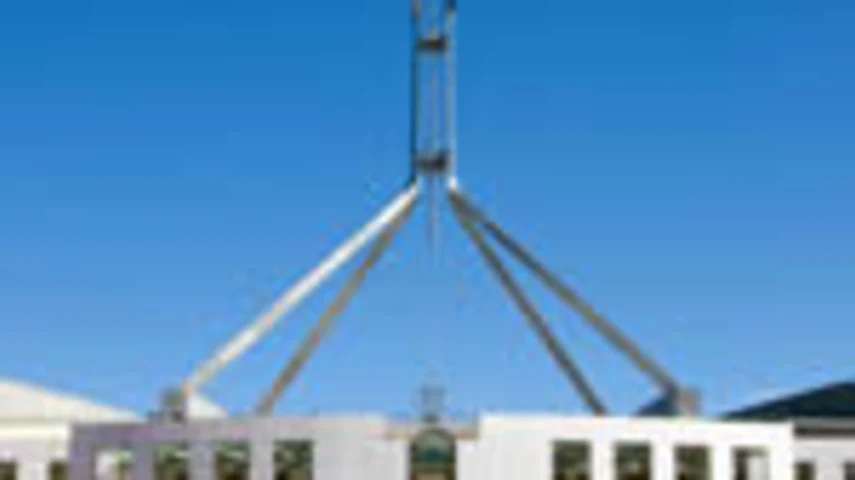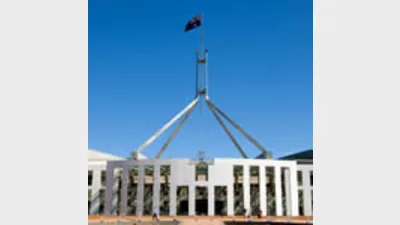Opposition won't repeal superannuation guarantee increase



 The Opposition has indicated that a Coalition Government will not seek to repeal the increase in the superannuation guarantee (SG) from 9 to 12 per cent.
The Opposition has indicated that a Coalition Government will not seek to repeal the increase in the superannuation guarantee (SG) from 9 to 12 per cent.
However, the Opposition continues to maintain its position that it will repeal the Minerals Resource Rent Tax if elected.
Consequently, the Opposition has opened itself up to questions about how it would pay for the reduced tax revenue that would result from a 3 per cent increase to the SG (since the extra money in superannuation will be taxed at the concessional rate of 15 per cent).
Assistant Treasurer and Minister for Superannuation Bill Shorten was quick to accuse the Opposition of "backflipping" on the issue, and demanded that the Opposition explain how it planned to fund an increased SG.
"The incremental increase in the SG rate is projected to cost $740 million over the forward estimates. If the Opposition's policy is to rescind the mining tax, how are they going to pay for the increase in compulsory superannuation?" asked Shorten.
The change in the Opposition's policy was welcomed by Australian Institute of Superannuation Trustees chief executive Fiona Reynolds, who pointed to an Essential Media survey that found 70 per cent of all Australians support the increase in the SG to 12 per cent.
More tellingly for the Opposition, the survey also found that 69 per cent of Liberal/National Party voters supported the policy.
Recommended for you
Australia’s largest super funds have deepened private markets exposure, scaled internal investment capability, and balanced liquidity as competition and consolidation intensify.
The ATO has revealed nearly $19 billion in lost and unclaimed super, urging over 7 million Australians to reclaim their savings.
The industry super fund has launched a new digital experience designed to make retirement preparation simpler and more personalised for its members.
A hold in the cash rate during the upcoming November monetary policy meeting appears to now be a certainty off the back of skyrocketing inflation during the September quarter.









